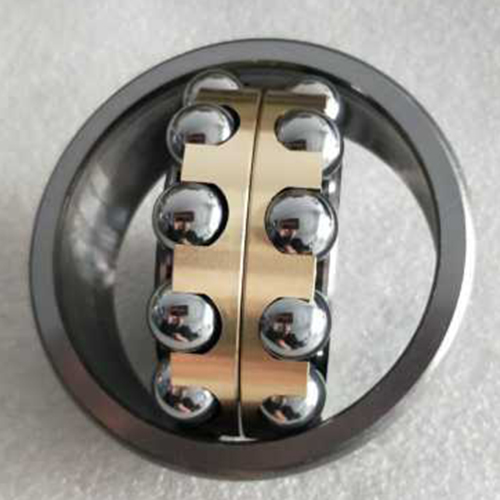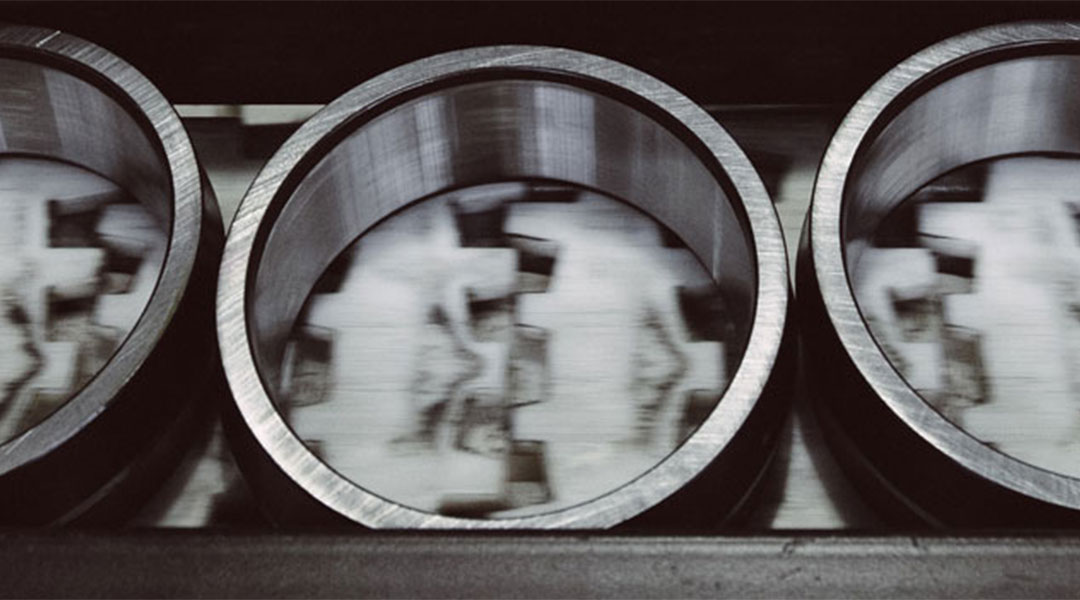news center
What are the characteristics of bearing cages made of different materials?
2024-08-02
What are the characteristics of bearing cages made of different materials?
The types of cage materials include: carbon steel, stainless steel cage, bakelite, plastic (nylon) cage, brass, bronze, aluminum alloy cage, etc.
1. Steel cage:
Cage type: stamping and solid;
Advantages: This cage has high strength and light material. It is mostly used for deep groove ball bearings, spherical roller bearings and most tapered roller bearings.
It is generally not affected by the mineral oil-based or alkali-based lubricants of rolling bearings;
Use restrictions: It is easily affected by water and water vapor and rusts;
Working temperature: The cage operating temperature can reach 300 degrees Celsius.
2. Brass cage:

Cage type: stamped and solid, stamped only suitable for small and medium-sized;
Material: brass plate, brass casting or brass forging;
Brass has high tensile strength, mechanical strength is equivalent to steel plate stamped cage, but the density is relatively small, the limit speed is high;
Advantage performance: not affected by lubricants, including synthetic oils and greases;
Use restrictions: brass cages cannot be used in places above 300 degrees Celsius, and are not suitable for ammonia (such as cooling),
because ammonia will cause seasonal crushing of brass;
Working temperature: working temperature is below 300 degrees Celsius.
3. Polyamide (nylon 66) cage:
Cage type: solid cage (injection molding);
Advantage performance: polyamide nylon material has the advantages of high elasticity and light weight, this cage has very good sliding and self-lubricating properties.
It is particularly suitable for situations with vibration impact stress or high acceleration and deceleration or when the inner and outer rings of the bearing are tilted against each other;
Limitations of use:
(1) Polyamide nylon cages may be affected by special lubrication (corrosive additives in lubricants);
(2) It cannot be used in a vacuum because it will become brittle due to dehydration;
Working temperature: The working temperature is lower than 120 degrees Celsius and greater than -40 degrees Celsius.
Too low a temperature will cause nylon to lose its elasticity.
Welcome to contact us if you have any request about DSYC bearings!







